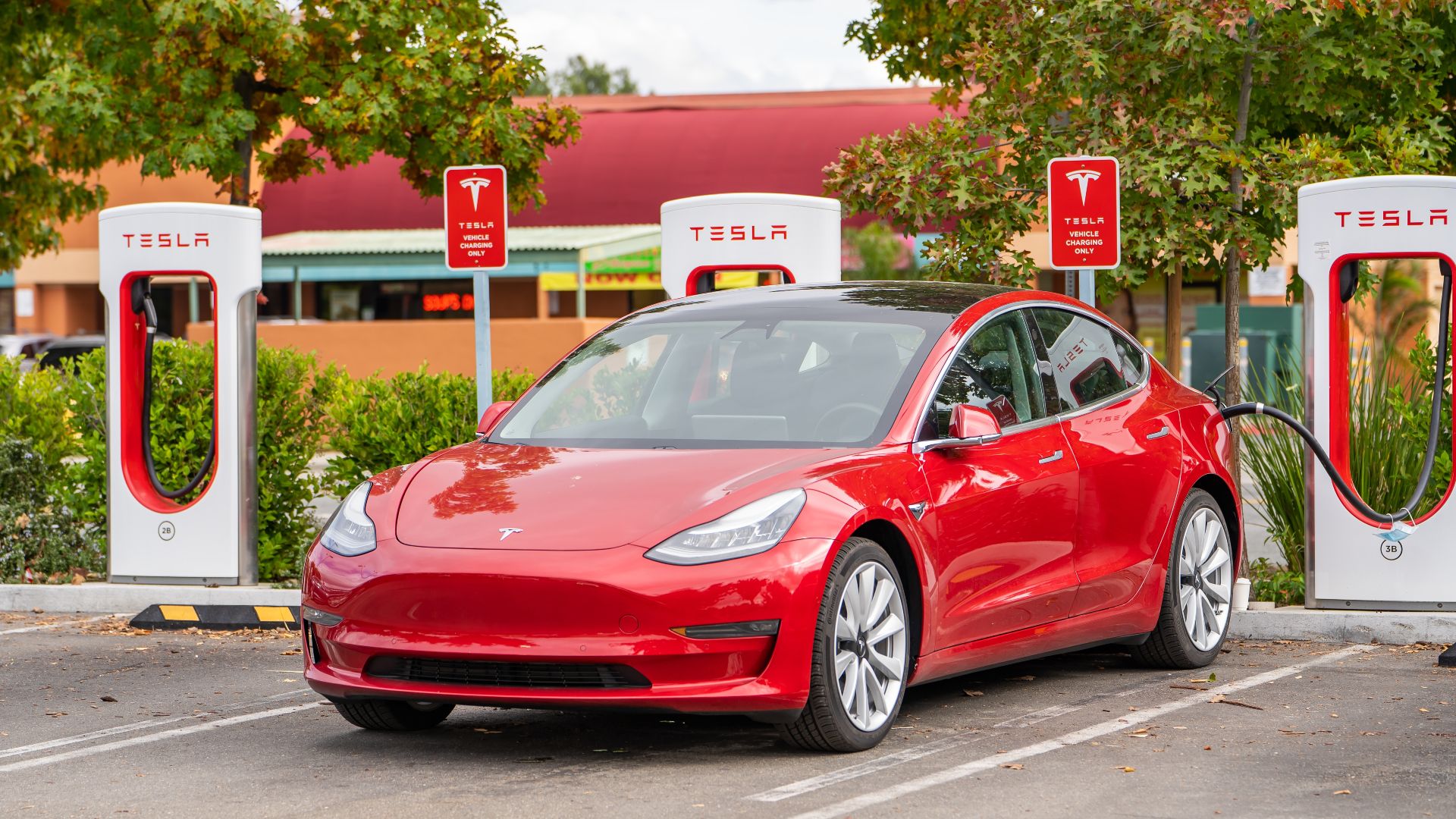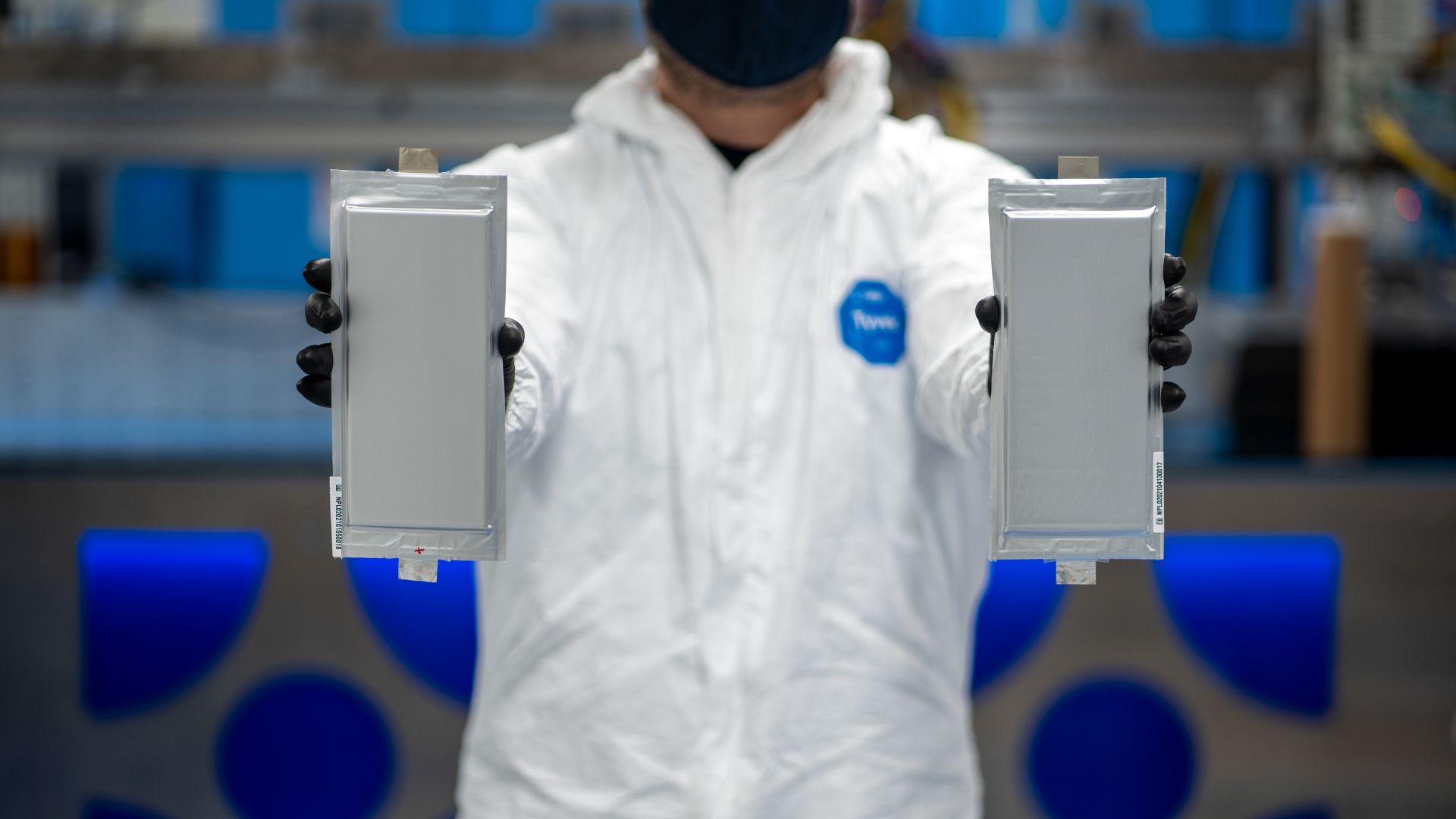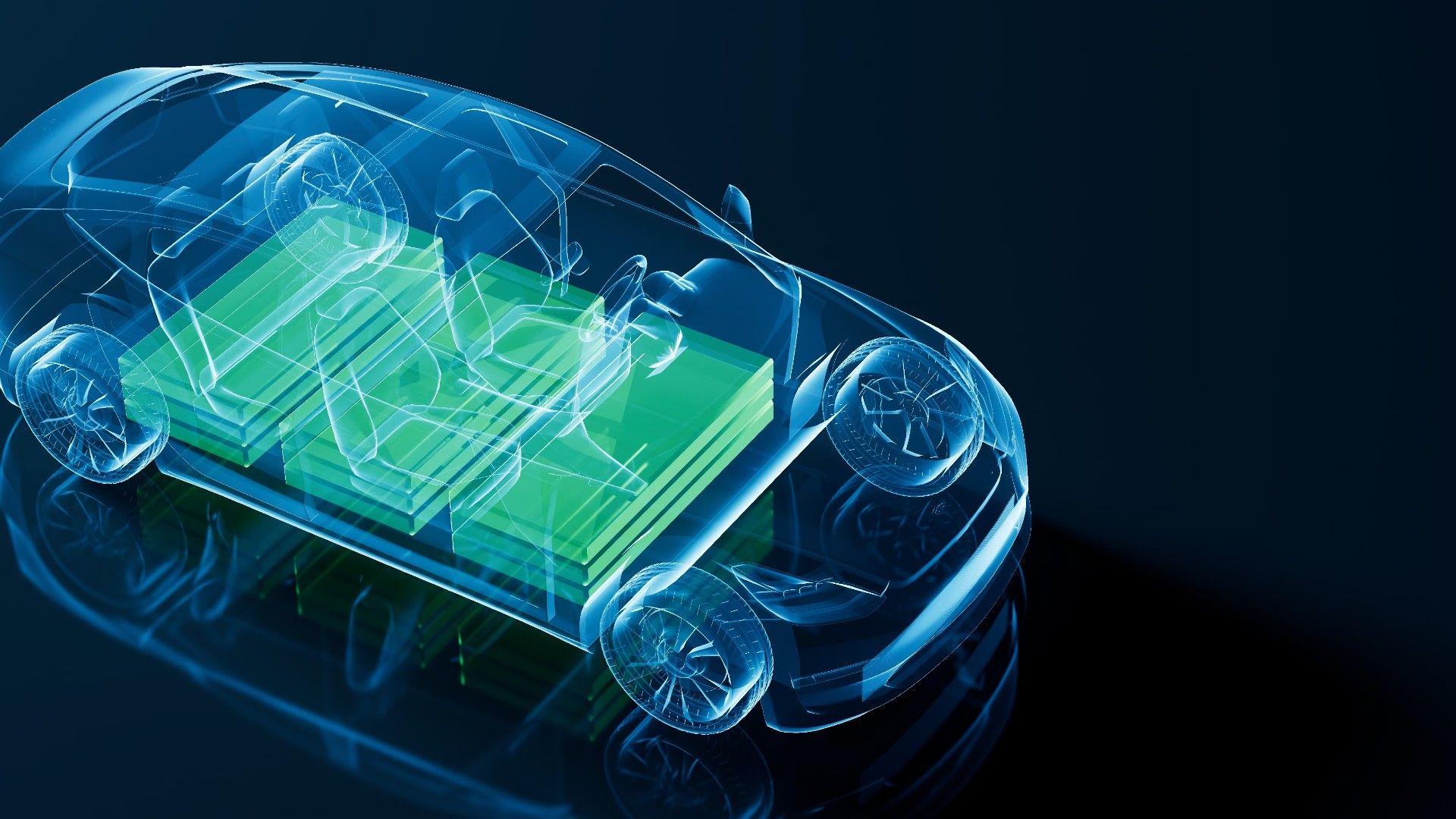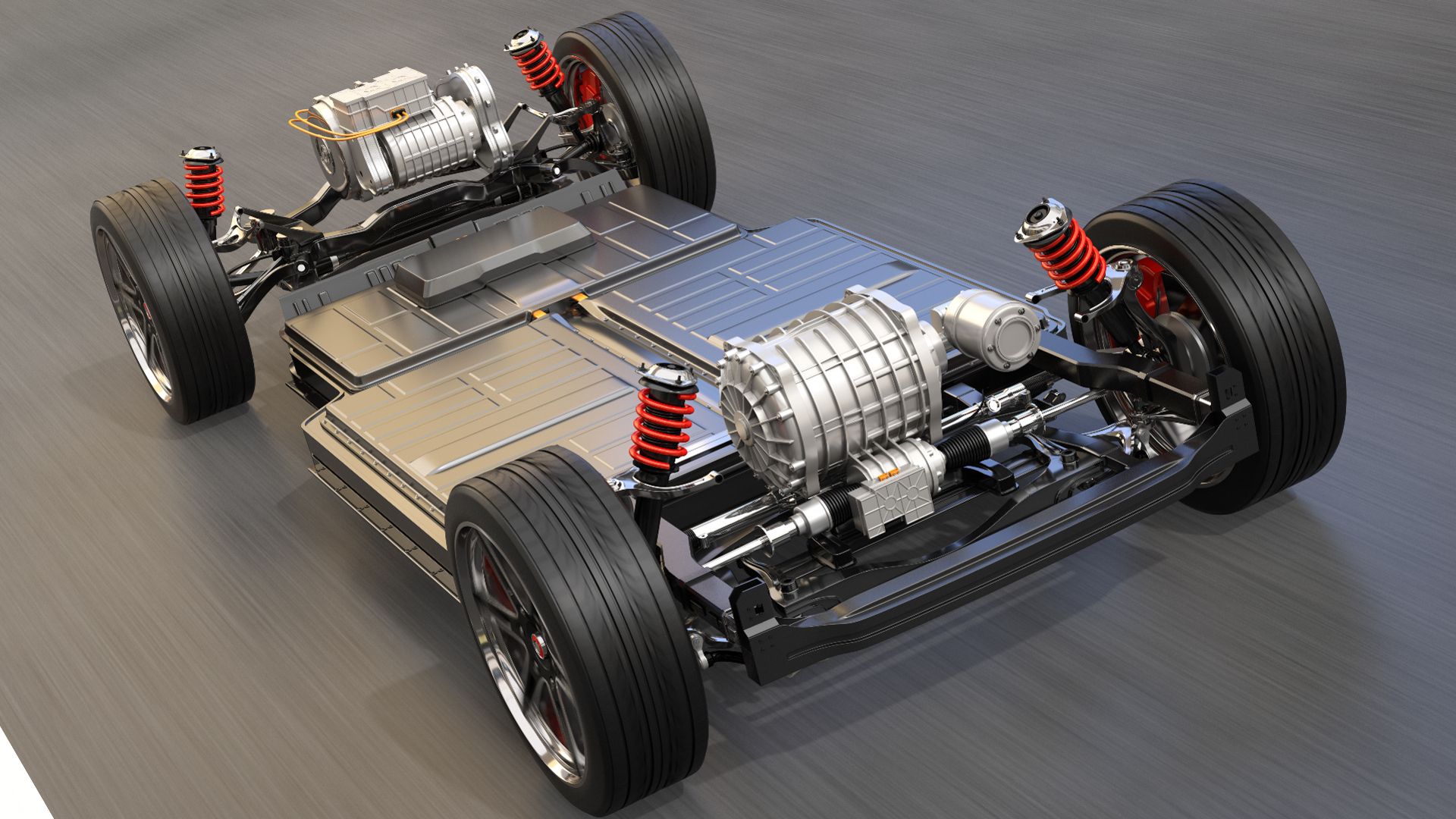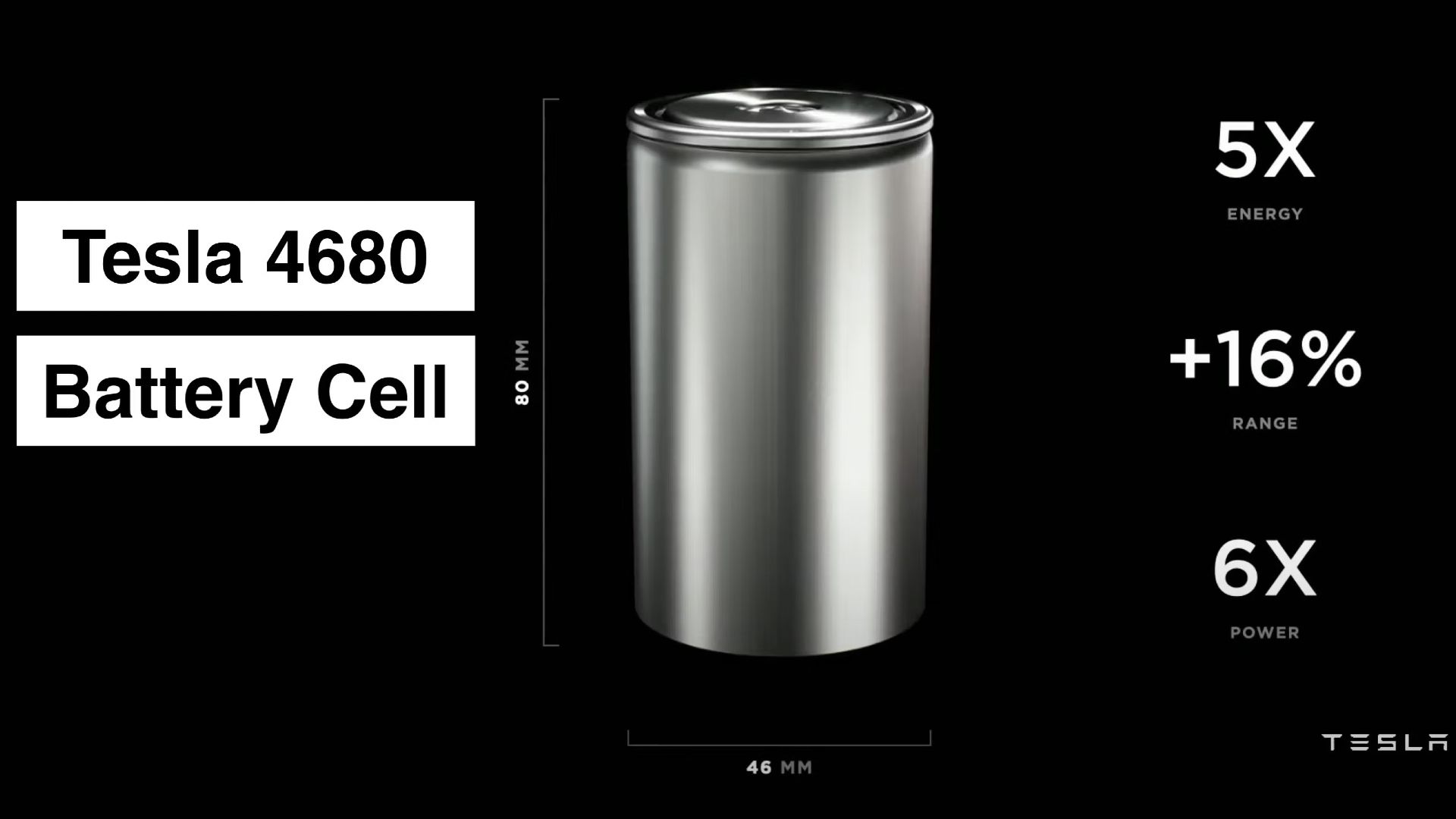For the past few years, battery development has stagnated. There hasn’t been any big breakthrough in range or charging times even though many more manufacturers are invested in the technology. However, recent reports mention that solid-state batteries can be the next big step. So far, the companies that are most invested in this technology are Nissan and BMW. Through publications and research articles, they have promised some huge performance increases over standard lithium-ion batteries. So, what does this mean for the automotive world? Well, aside from the obvious benefits, it may even offset Tesla’s reputation as its current batteries aren’t performing as well as expected. Here's what we know so far.
Why Time Is Running Out For Lithium-ion Batteries
Lithium-ion batteries are the battery type most commonly found in cars and even smaller electronics like laptops and phones. Production of such batteries is now at a scale that enables efficient and cost-effective production lines. This leads to electric vehicles that can be built at a much faster pace than they used to. However, we have sort of reached the top of the potential stored in such batteries. A way to make them more efficient, and safer doesn’t seem to exist and that is a problem. You see, such batteries are easy to produce but can’t store much energy and are also prone to fires through a series of events that aren’t unlikely (mainly overheating or aging). In case you are interested in numbers, Lithium-Ion batteries have an energy density value of around 250Wh/kg. This means that they can be utilized for vehicles, but a huge battery pack is required. Due to the moderate energy density value, aviation can’t use such batteries yet as their density value is low.
Solid-state Batteries Seem To Be The Answer
As mentioned in the beginning, BMW, Nissan, and other manufacturers seem to be investing money and time in the development of solid-state batteries. This type of battery promises improved safety due to a slightly different design that prevents unwanted reactions between chemicals, a higher energy density of up to 400Wh/kg, faster charging, and more range. This type of battery may be the brake through we are looking for and can be the ticket into electrified aviation as well. It is expected that solid-state batteries will hit the market by 2025 with a major breakthrough in range and performance expected to happen by 2030. This type of battery technology is still in its infancy; however, huge efforts are being made into putting it into production.
The Difference Between Solid-state And Lithium-ion Batteries
Stating the benefits of each battery is interesting. However, what are the key mechanisms that lead to those differences? Well, lithium-ion batteries use a liquid or gel electrolyte to allow the movement of lithium ions between the electrodes during charging and discharging. On the other hand, solid-state batteries use a solid electrolyte, which can be a ceramic, polymer, or glass material. The solid electrolyte enables the movement of lithium ions between the electrodes and is what provides several advantages over a lithium-ion battery mentioned previously with the most important one being safety. Solid-state batteries have a far lesser risk of catching fire as they do not use a flammable liquid electrolyte that can react with other substances in the battery.
Will Tesla’s 4680 Batteries Be Able to Keep Up With A Solid-State Future?
As Tesla was the first giant in the electric automotive industry, it was also the leader for many years. However, other companies are slowly but surely catching up with new technologies like solid-state batteries that can impose a huge threat to Tesla. In September 2020, Tesla released the 4680 battery at the Battery Day event. During that event, some big claims were made. This included a five-time increase in energy, an additional 16-percent in range, and a six-fold increase in power. Sadly, when the 4680 was implemented in the Model Y, these benefits were not observed. In fact, through various independent tests, it was determined that the old 2170 batteries performed better than the new ones. It is worth mentioning, however, that the 4680 battery is still in its infancy, and in the future, its performance is expected to improve. However, we aren’t sure if they will be able to keep up with solid-state units as the 4680 at its core is still a lithium-ion unit.
Some big statements by Tesla have been made regarding the Semi Truck and Cybertruck both of which are expected to use the 4680 batteries. But as you may be aware, big statements from the company aren’t often met. To achieve the mileage presented in something like the Tesla Semi truck a massive battery of roughly 915 kWh will be required. This doesn’t seem all that environmentally friendly. Obviously, Tesla has some very experienced people onboard; therefore, dethroning the company will be extremely difficult. If it decides to keep the 4680 batteries, then they probably have plans to increase its potential. However, if those plans don’t turn out as expected while at the same time, solid-state technology is improving, then the company will certainly have problems. The competition currently observed in the EV world is a good thing as it drives development. Only one thing is for sure, regardless of which company comes on top, battery and vehicle technology will only get better.

